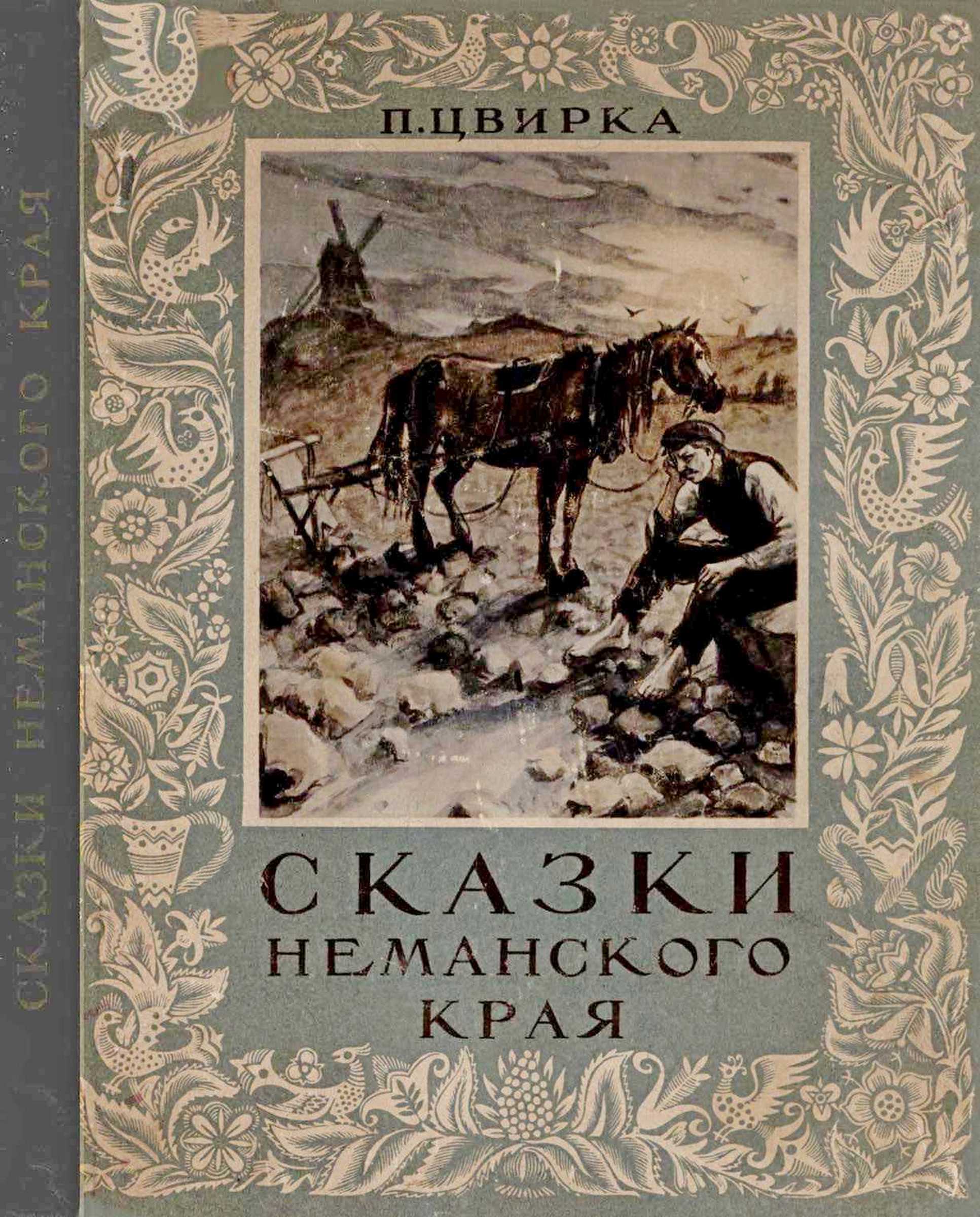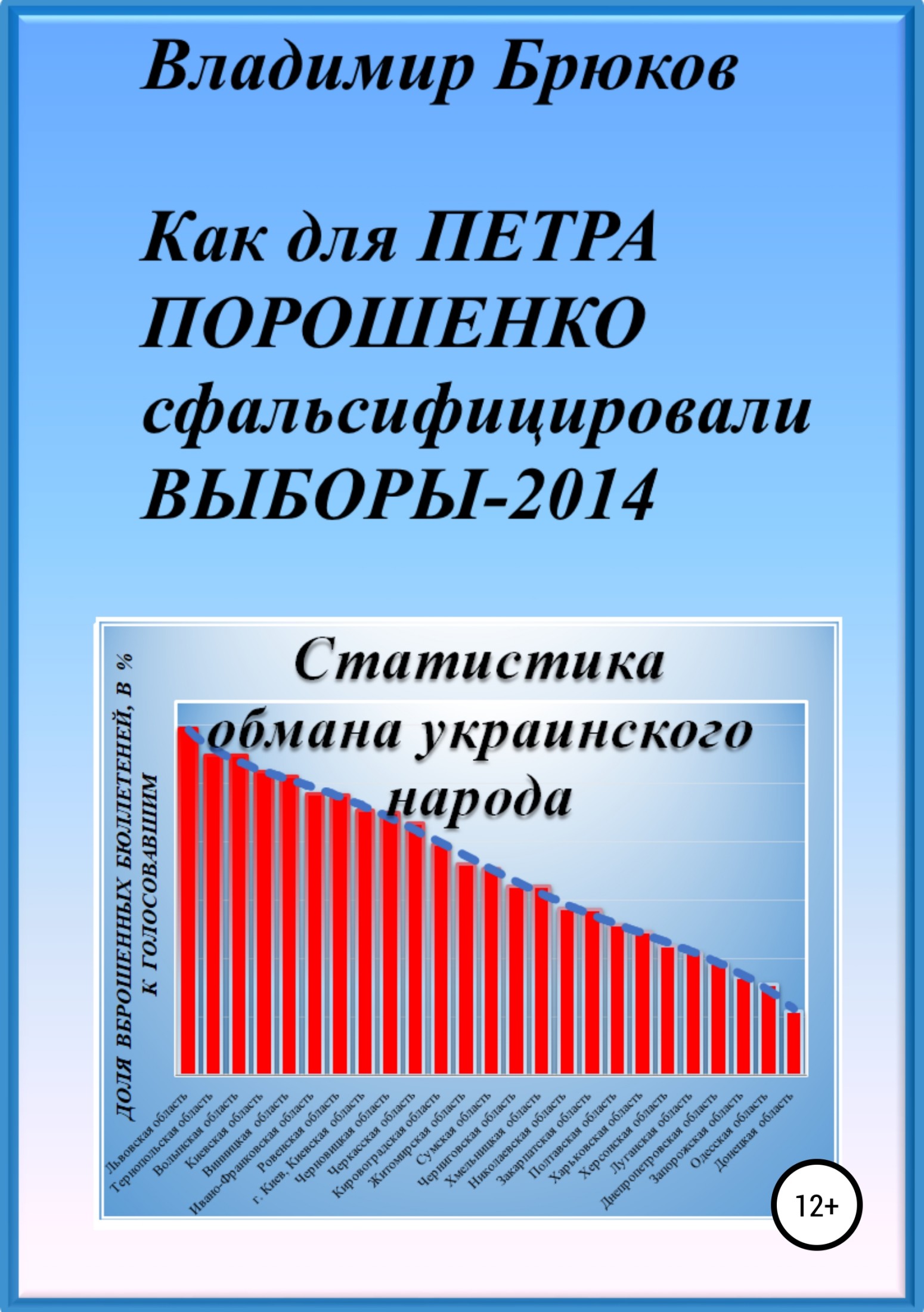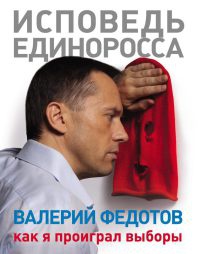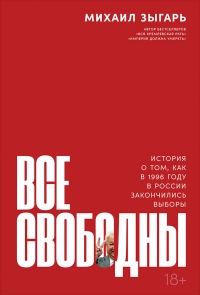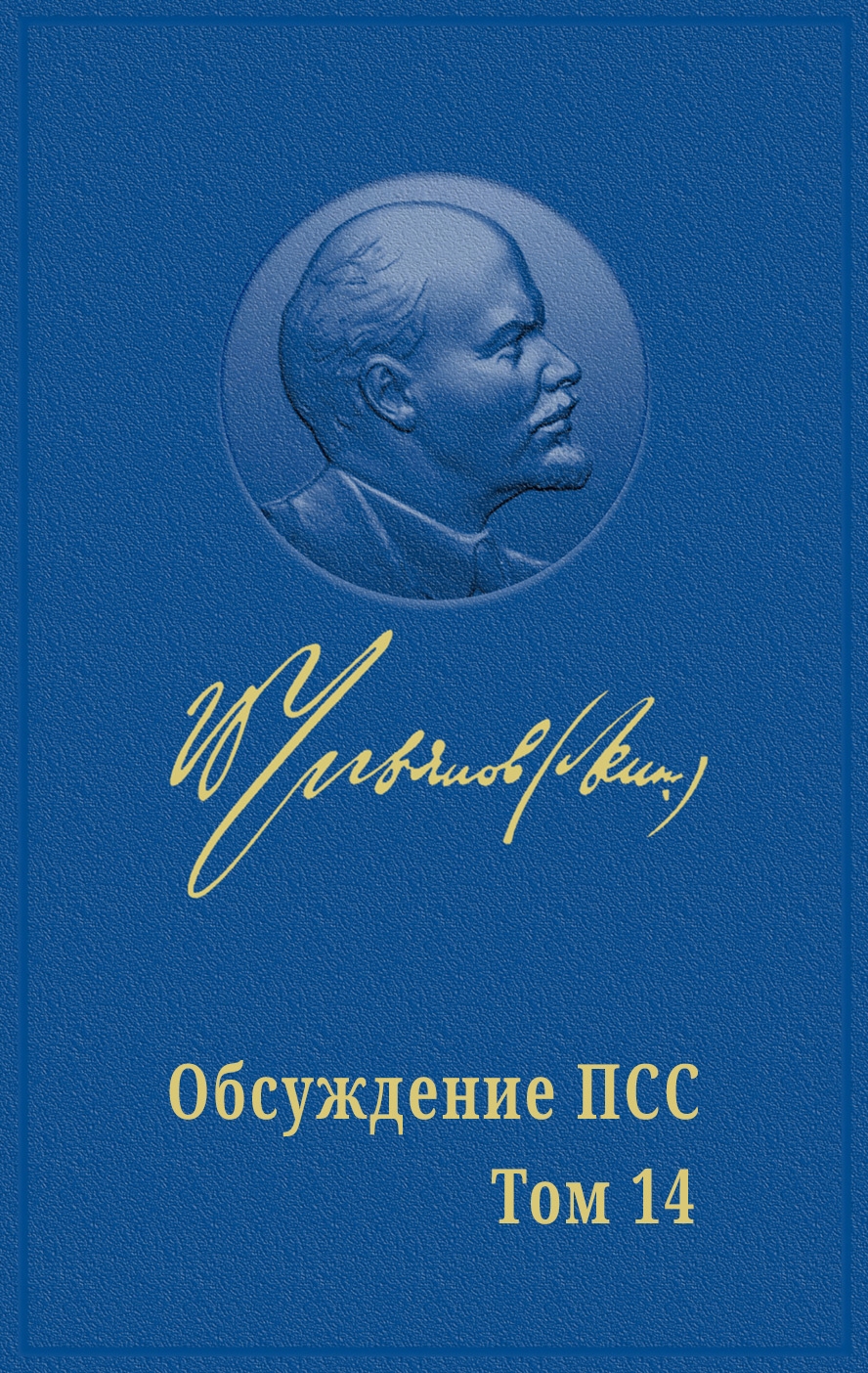Ознакомительная версия. Доступно 17 страниц из 85
Maxwell Watts. “Ugandan President Yoweri Museveni Hands out $100K in a Sack Full of Cash”, Quartz, 23 April 2013; https://qz.com/77205/ugandan-president-yoweri-museveni-hands-out-100k-ina-sack-full-of-cash (дата обращения – 11 ноября 2017).
146
The Stream. “Uganda’s #sackofmoney Hits a Nerve”, Al Jazeera, 23 April 2013.
147
BBC News. “President Yoweri Museveni’s Sack of Money Sparks Uganda Row”, 22 April 2013; http://www.bbc.co.uk/news/world-africa-22245873 (дата обращения – 15 декабря 2017).
148
Kizito Michael George. “The Cunning Mediocrity of African Presidents: Ugandan President Yoweri Museveni Hands Out $100K in a Sack Full of Cash”, Watchman Africa blog, 26 April 2013; http://watchmanafrica.blogspot.co.ke/2013/04/the-cunning-mediocrity-ofafrican.html (дата обращения – 11 ноября 2017).
149
Elliott Green. “Patronage, District Creation, and Reform in Uganda”, Studies in Comparative International Development 45, no. 1 (2010): 83–103.
150
Goran Hyden and Colin Leys. “Elections and Politics in Single-Party Systems: The Case of Kenya and Tanzania”, British Journal of Political Science 2, no. 4 (1972): 389–420.
151
Joel D. Barkan and Frank Holmquist. “Peasant-state Relations and the Social Base of Self-help in Kenya”, World Politics 41, no. 3 (1989): 359–80.
152
Jeffrey Conroy-Krutz and Carolyn Logan. “Museveni and the 2011 Uganda Election: Did the Money Matter?”, Journal of Modern African Studies 50, no. 4 (2012): 625.
153
Выборы 2011 года были менее репрессивными, чем предыдущие, но тем не менее проходили в обстановке запугивания, описанной в главе 3. Больше о том, как эта форма конкурентного авторитарного правительства работает в Уганде, см.: Aili Mari Tripp. Museveni’s Uganda: Paradoxes of Power in a Hybrid Regime (Boulder, CO: Lynne Rienner Publishers, 2010).
154
Shaheen Mozaffar and Andreas Schedler. “The Comparative Study of Electoral Governance: Introduction”, International Political Science Review 23, no. 1 (2002): 5–27.
155
Michael Bratton. “Vote Buying and Violence in Nigerian Election Campaigns”, Electoral Studies 27, no. 4 (2008): 621–32.
156
Frederic Charles Schaffer (ed.). Elections for Sale: The Causes and Consequences of Vote Buying (Boulder, CO: Lynne Rienner Publishers, 2007).
157
Frederic Charles Schaffer. “Might Cleaning Up Elections Keep People Away from the Polls? Historical and Comparative Perspectives”, International Political Science Review 23, no. 1 (2002): 69–84.
158
Конечно, другие факторы тоже важны: например, насколько конкурентны выборы и как организовано финансирование политических партий.
159
Nic Cheeseman, Gabrielle Lynch and Justin Willis. “Ghana Shows a Troubling Willingness to Accept Political Corruption Our Survey Shows”, Washington Post, 21 December 2016.
160
Philip Golingai. “Who’s Driving Sabah’s Election Campaign?”, Star Malaysia, 25 February 2017; https://www.pressrm/malaysia/the-star-malaysia/20170225/281762744030037 (дата обращения – 11 ноября 2017).
161
Duncan McCargo. “Thailand: State of Anxiety”, Southeast Asian Affairs (2008): 333–56.
162
Abdi Latif Dahir. “Kenya is Set to Hold One of the Most Expensive Elections in Africa”, Quartz Africa, 18 July 2017; https://qz.com/ 1030958/kenyas-elections-will-cost-1-billion-in-government-and-campaign-spend (дата обращения – 11 ноября 2017).
163
Erick Oduor. “Millions of Dollars at Play as Kenyans Go into Their Most Expensive Election Yet”, East African, 22 May 2017; http://www.theeastafrican.co.ke/news/Millions-of-dollars-at-play-as-Kenyans-go-to-thepolls/2558–3937572-as8pr8/index.html (дата обращения – 11 ноября 2017).
164
“India’s Election Campaign Spending Could Touch $5bn”, National, 11 March 2014; https://www.thenational.ae/world/india-selection-cam%C2%ADpaign-spending-could-touch-5bn-1.451206 (дата обращения – 11 ноября 2017).
165
Ник Чизман, интервью с подающей надежды участницей парламента, Аккра, Гана, август 2013.
166
Thad Beyle and Jennifer M. Jensen. “Gubernatorial Elections, Campaign Costs and Winning Governors of 2014”, Council of State Governments (2015).
167
Nicolas van de Walle. “Meet the New Boss, Same as the Old Boss? The Evolution of Political Clientelism in Africa” // Herbert Kitschelt and Steven I. Wilkinson (eds). Patrons, Clients and Policies: Patterns of Democratic Accountability and Political Competition (Cambridge University Press, 2007): 50–67.
168
Charles Hornsby. “The Social Structure of the National Assembly in Kenya, 1963–83”, Journal of Modern African Studies 27, no. 2 (1989): 275–96.
169
Jamin Raskin and John Bonifaz. “The Constitutional Imperative and Practical Superiority of Democratically Financed Elections”, Columbia Law Review 94, no. 4 (1994): 1160–203; Susan E. Scarrow. “Political Finance in Comparative Perspective”, Annual Review of Political Science 10 (2007): 193–210.
170
Erik Eckholm. “Tea Party Favorite Wins Texas Runoff”, New York Times, 31 July 2012; http://www.nytimes.com/2012/08/01/us/politics/cruz-defeats-dewhurst-for-gop-nomination-in-texas-senate-race.html (дата обращения – 11 ноября 2017).
171
Edward L. Glaeser and Raven E. Saks. “Corruption in America”, Journal of Public Economics 90, no. 6 (2006): 1053–72.
172
Chris C. Ojukwu and J. O. Shopeju. “Elite Corruption and the Culture of Primitive Accumulation in 21st Century Nigeria”, International Journal of Peace and Development Studies 1, no. 2 (2010): 15–24.
173
OSCE Office for Democratic Institutions and Human Rights. “Republic of Armenia: Parliamentary Elections, 2 April 2017 – OSCE/ODIHR Election Observation Mission Final Report”; http://www.osce.org/odihr/328226?download=true (дата обращения – 11 ноября 2017).
174
“Armenia Votes to Curb Presidential Powers in Disputed Referendum”, Guardian, 7 December 2015; https://www.theguardian.com/world/2015/dec/07/armenia-vote-disputed-referendum-president-powers (дата обращения – 11 ноября 2017).
175
“RFE/RL Reporter Roughed Up While Investigating Vote Buying in Armenia”, Radio Free Europe/Radio Liberty, 14 May 2017; https://www.rferl.org/a/armenia-rferl-reporter-roughed-up-vote-buying/28487648.html (дата обращения – 11 ноября 2017).
176
Этот союз включал три партии: «Процветающая Армения», «Альянс» и «Миссия».
177
OSCE Office for Democratic Institutions and Human Rights. “Republic of Armenia: Parliamentary Elections, 2 April 2017”.
178
“Vote Buying Played Main Part in Armenian Elections, Says Expert”, Mediamax,
Ознакомительная версия. Доступно 17 страниц из 85




















